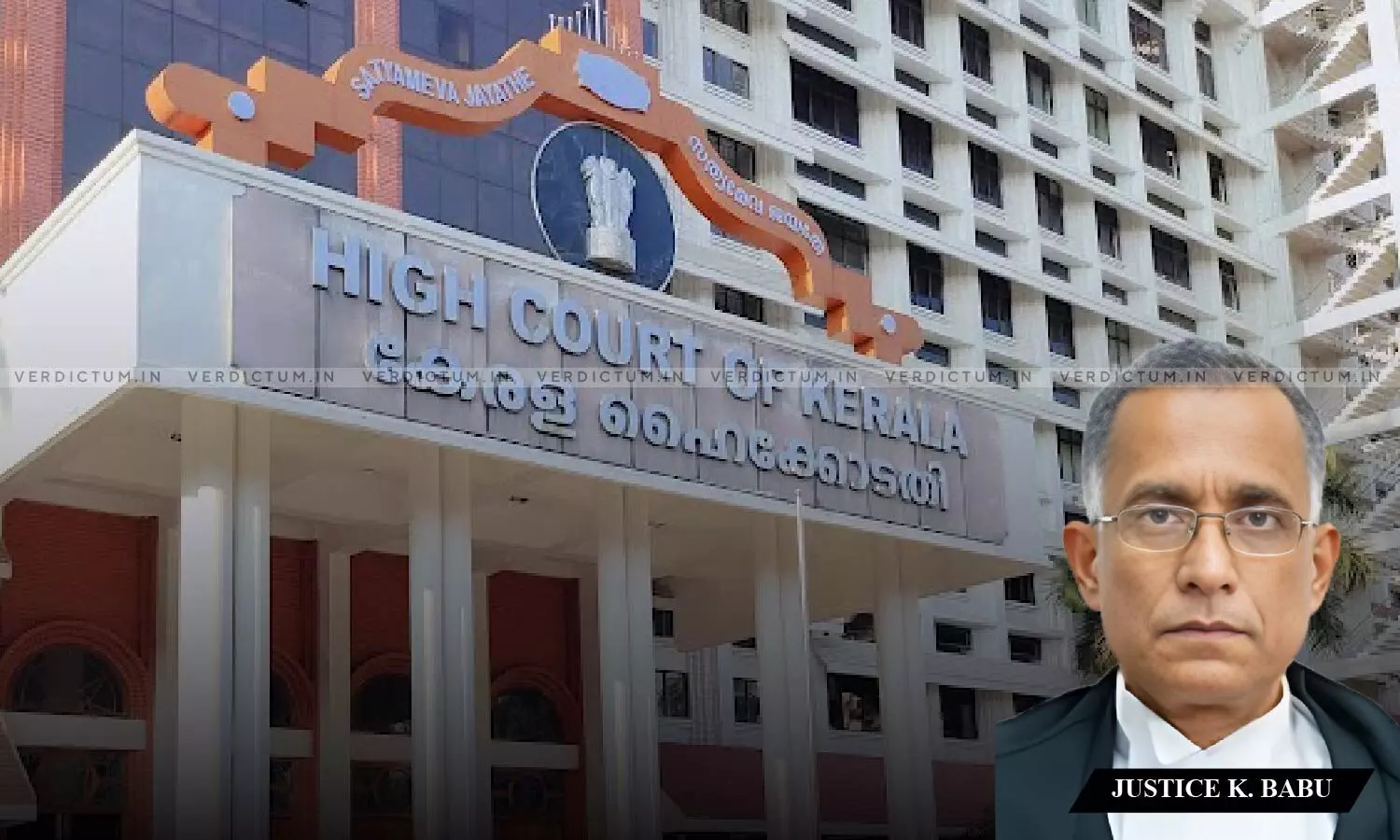
Prosecution Is Unaware Of Whether Copyright Holder Retains Any Exclusive Right: Kerala HC Acquits Man Accused Of Selling Fake Audio Cassettes On Footpath
 |
|The Kerala High Court acquitted a man accused of allegedly selling fake audio cassettes on a footpath as the prosecution had failed to establish whether the copyright holder retained any exclusive right or licence under Section 51 of the Copyright Act.
The Court set aside the trial court's decision to convict the accused under Sections 51(a), 52A, and 63 of the Copyright Act, 1957 (the Act) for allegedly selling cassettes containing audio recordings without a licence or authority granted by the copyright owner, with whom the exclusive right to so was vested.
A Single Bench of Justice K. Babu observed, “The evidence tendered by the prosecution shows that the Police seized 38 cassettes. The prosecution did not know the contents of the same. The prosecution is unaware of the copyright holder. They did not ascertain who the copyright holder was or whether the copyright holder had retained any exclusive right or whether licence had been granted as mentioned in Section 51 of the Act.”
Advocate K.K. Balakrishnan Kodiyura appeared for the petitioner, while Public Prosecutor G. Sudheer represented the respondents.
The trial Court and the Sessions Court concurrently found that the accused committed the offences alleged. However, the petitioner submitted that the prosecution failed to establish the essential ingredients of the offences under Sections 51(a) and 52A of the Act.
The High Court stated that in order to attract the offence under Section 51, the prosecution must first establish that the cassettes contained audio records relating to any of the subjects mentioned in 2(m) of the Act.
As per the evidence before the Court, the police found that the accused exhibited audio cassettes for sale. However, an independent witness denied having sold any fake cassettes to anybody, including the petitioner.
Although the prosecution stated that the petitioner was arrested after 38 audio cassettes were seized, the Court pointed out that the police had not seen anybody purchasing the audio cassettes from the petitioner.
The Court remarked that “the then ASI of Town Police Station, Kannur, conducted the investigation. He has not seen the originals of the cassettes as claimed by the prosecution. He has no idea about the owner of the copyright.”
Consequently, the Court held, “Therefore, the prosecution failed to establish any of the ingredients to attract the offence under Section 51(a) r/w Section 63 of the Act…The trial Court and the Sessions Court did not consider these vital aspects while entering into a conviction. The conviction of the accused without establishing the necessary ingredients of the offences alleged is unreasonable. The conviction recorded by the Courts below is liable to be set aside.”
“To attract the offence under Section 52A, the prosecution has to establish that the accused published a sound recording in respect of any work without displaying the particulars as referred to in the Section namely the name and address of the person who has made the sound recording, the name and address of the owner of the copyright and the year of its first publication. The prosecution has no case that the cassettes allegedly seized contained any sound recording, and the particulars as required under Section 52A were not displayed. The prosecution miserably failed to establish the ingredients to attract Section 52A of the Act,” the Bench explained.
Accordingly, the High Court allowed the petition.
Cause Title: O.P. Ashraf v. State of Kerala & Ors. (Neutral Citation: 2024:KER:76850)
Appearance:
Petitioner: Advocates K.K. Balakrishnan Kodiyura, Prajit Ratnakaran, E. Mohammed Shafi and Krishnapriya R.
Respondents: Public Prosecutor G.Sudheer